Onomichi ramen is a beloved specialty from Japan’s Hiroshima Prefecture, known for its light yet flavorful seafood-based broth, flat noodles, and a signature topping of minced back fat. This unique ramen style has a rich history and a strong connection to the local culture, making it a must-try for food lovers. Dive into the story behind this iconic dish and discover what makes it so special!
What is Onomichi ramen?
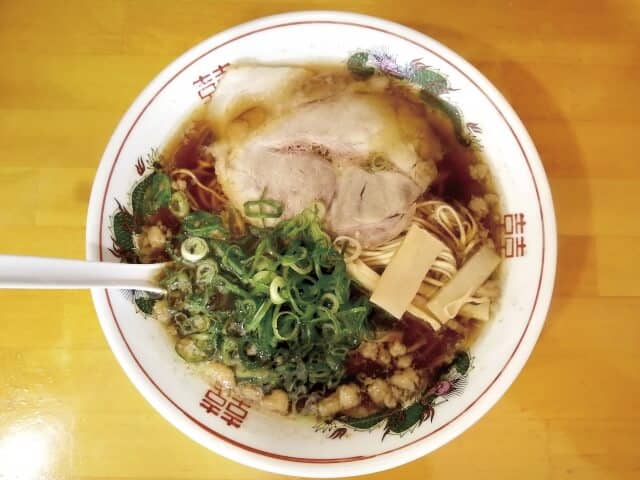
Onomichi ramen is a soy sauce-based ramen that is popular in eastern Hiroshima, mainly in Onomichi city. The distinctive flavor of the soup, which has a strong chicken and dried sardine flavor, is popular by its flat, medium-thin straight noodles and classic toppings such as green onions, roast pork, and bamboo shoots. The soup is smooth and clear, but the impression changes completely when locals add to the surface a minced back fat, resulting in a rich and satisfying ramen.
What is “iriko,” an important ingredient in Onomichi ramen?
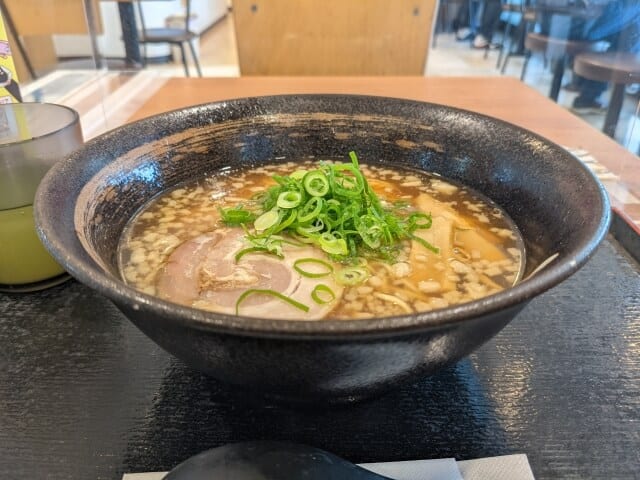
Onomichi ramen, a type of ramen with Chinese noodles, got its name when a manufacturer in Fukuyama City, east of Onomichi, began selling this ramen as a local souvenir. The company wanted to find a unique ingredient to represent Onomichi, and they chose “iriko,” made from small fish caught in the Seto Inland Sea.
Iriko, known as “niboshi” in eastern Japan, made by boiling small fish (usually anchovies) in saltwater and then drying them. These dried fish, caught in the calm waters of the Seto Inland Sea, remain tender even after drying and bring a special fragrance and subtle sweetness to the ramen broth. Iriko is also a key ingredient in the broth for Sanuki udon.
Onomichi ramen Origin
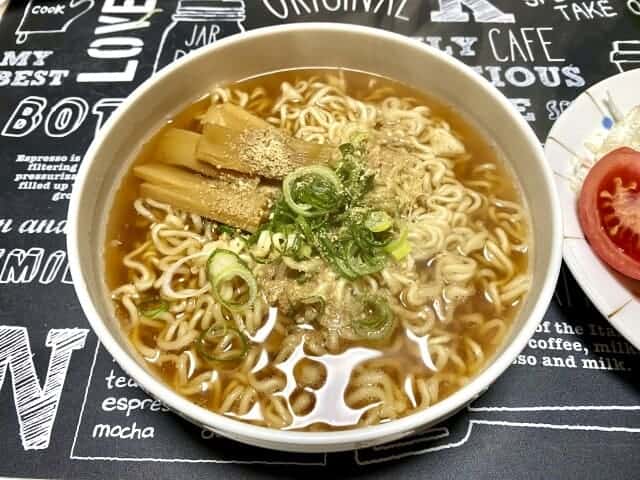
Between 1955 and 1965, Onomichi ramen evolved into a dish with flat noodles, a clear seafood-based broth from the Seto Inland Sea, and minced chicken back fat on top. This style became popular through restaurants like “Shukaen” and “Tsutafuji,” which built on pre-war Chinese noodle recipes. Locally, most places just call it “Chuka Soba” or “Ramen.” The term “Onomichi Ramen” was popularized through TV shows and a souvenir company in Fukuyama City. This helped the dish gain national recognition.
Local noodle factories, particularly Hasebe Seimen, played a key role in spreading the style throughout Onomichi. The founder, Mr. Hasebe, helped revitalize the local ramen scene by offering advice, noodles, and sauces to new ramen shops. As a result, this ramen became a well-known specialty across Japan.
Where is Onomichi?

Onomichi is a city located in the southeastern part of Hiroshima Prefecture. Specifically, it faces the Seto Inland Sea and is surrounded by beautiful islands and mountains. Onomichi City is also known as a historic port city with many cultural properties and tourist attractions.
The distance from Tokyo to Onomichi is about 714 kilometers, and it takes about 8 to 9 hours by car. It can also be reached by train in about 3.5 to 4 hours by Shinkansen.
FAQ
- What ingredients are there in Onomichi ramen?
-
Onomichi Ramen is characterized by its distinctive toppings that create a rich, flavorful experience. The dish typically features tender chashu (braised pork), which provides a moist and savory element. Chopped green and white onions add freshness and crunch, while menma (pickled bamboo shoots) contribute a unique texture and taste.
- Is there seasonality in the ingredients of Onomichi ramen?
-
According to Masaru Ogata of Maruboshi, Onomichi Ramen’s noodles are carefully made with seasonally adjusted proportions of wheat mix. By adjusting the noodle composition based on temperature and humidity, they ensure optimal flavor throughout the year.
Onomichi ramen Restaurants
Maruboshi (尾道ラーメン専門店 丸ぼし)
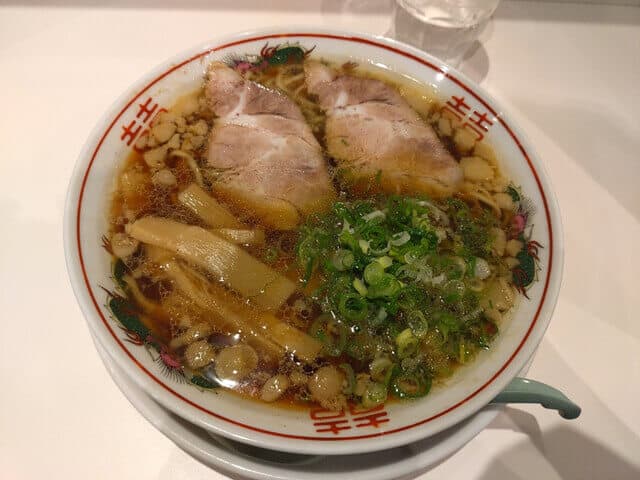
The soup at Maruboshi is based on small sea bream, and the stock is carefully extracted from small fish caught in the Seto Inland Sea. It contains plenty of back fat, which helps to lock in the temperature of the soup, so it stays hot until the very end. The noodles are slightly curly, which makes them go perfectly with the soup.
Shio Ramen Denyasu (潮ラーメン でんやす)
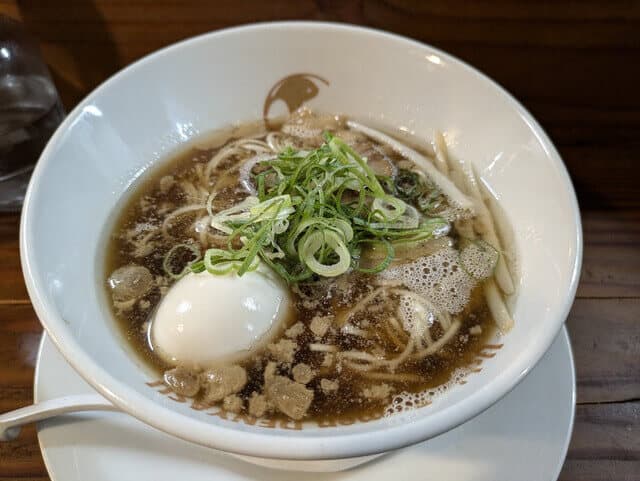
“Shio Ramen Denyasu” is a restaurant that specializes in Onomichi ramen with a rich seafood broth. The soup is based on shellfish and seabream broth, giving it a deep seafood flavor, and is light yet rich. The restaurant only has counter seats and is so popular that it is often full. The pork slices are seared just before being served, so they are not cold and have an exquisite aroma.
Final Thoughts
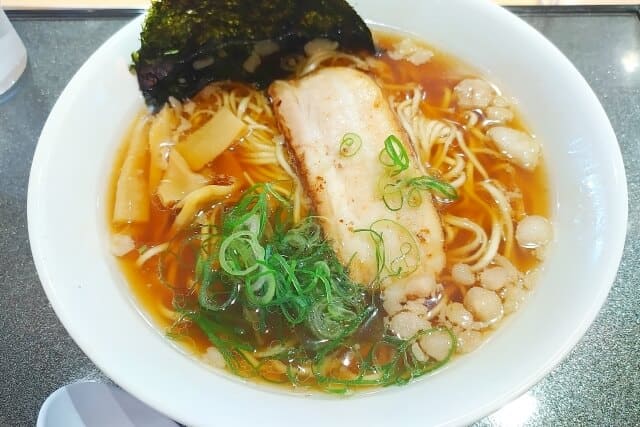
Onomichi ramen is more than just a bowl of noodles; it’s a taste of local tradition and a reflection of the rich flavors of the Seto Inland Sea. Whether you enjoy it at an authentic ramen shop in Onomichi or take home a souvenir pack, experiencing this unique dish is a must for any food enthusiast. Don’t miss the chance to savor the charm and flavor of this ramen when you visit Japan!
You can try out other Japanese ramen we recommend below!
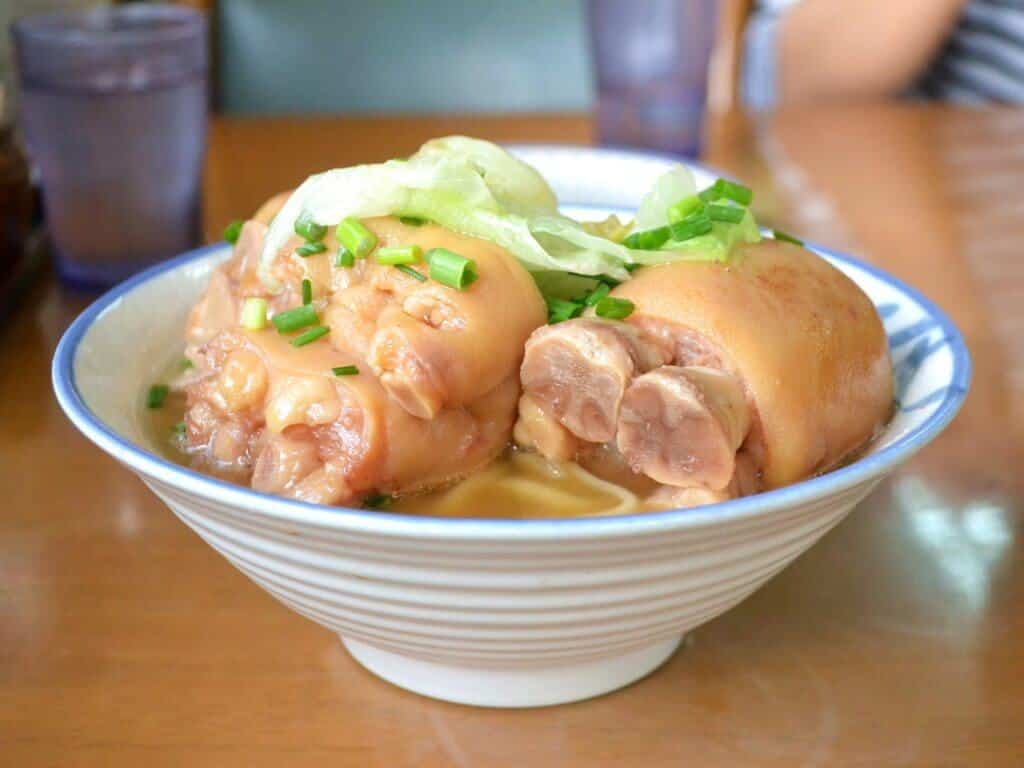
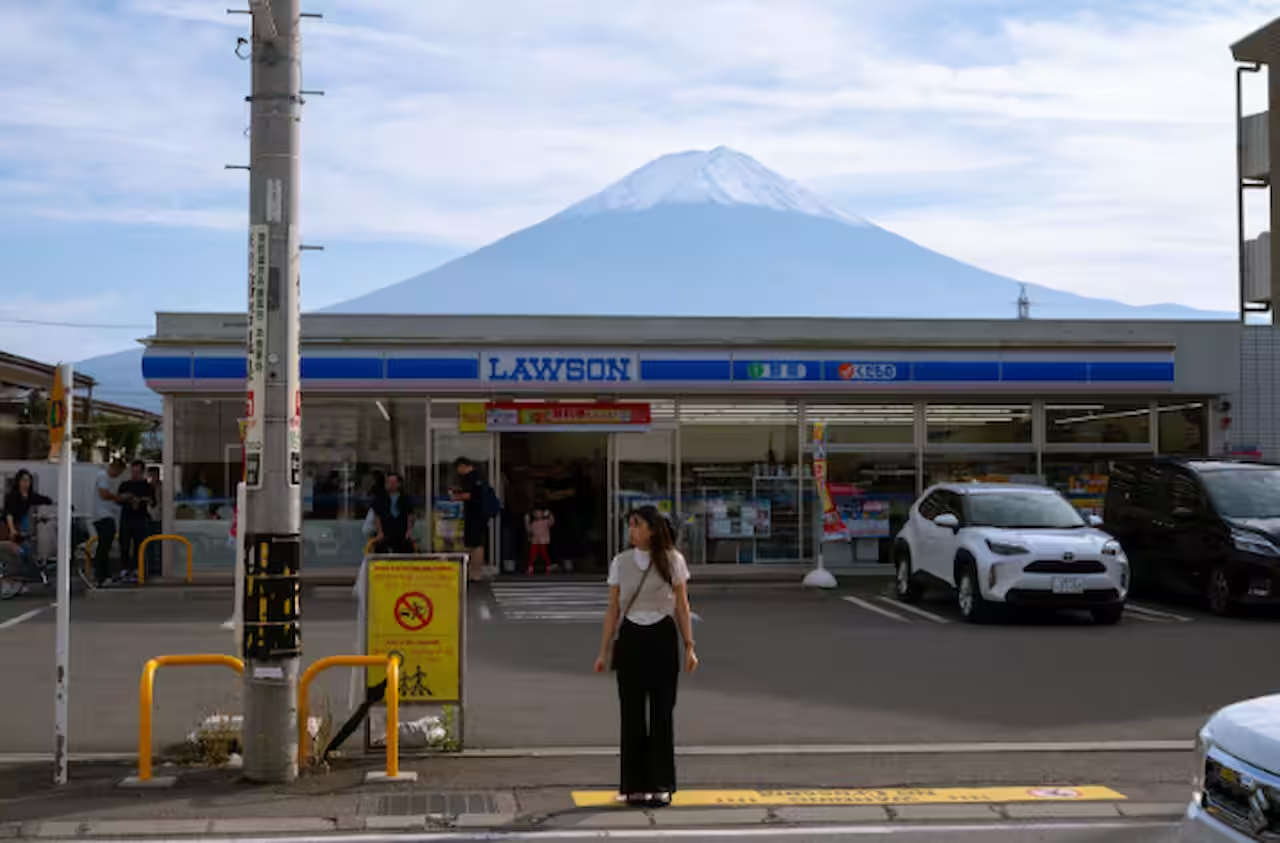
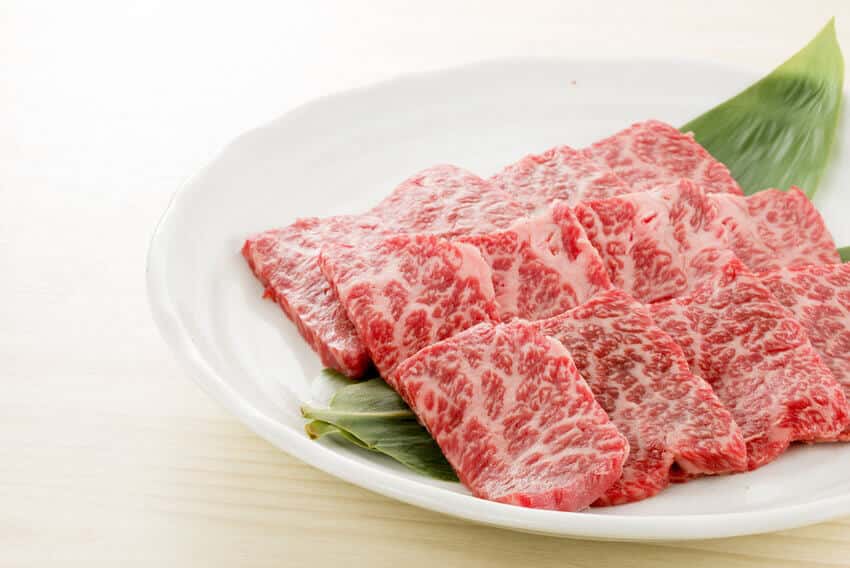
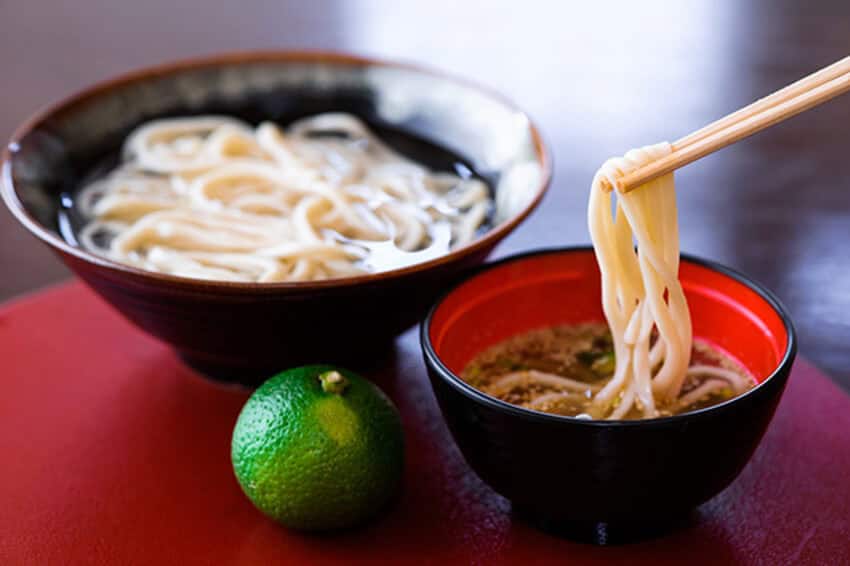
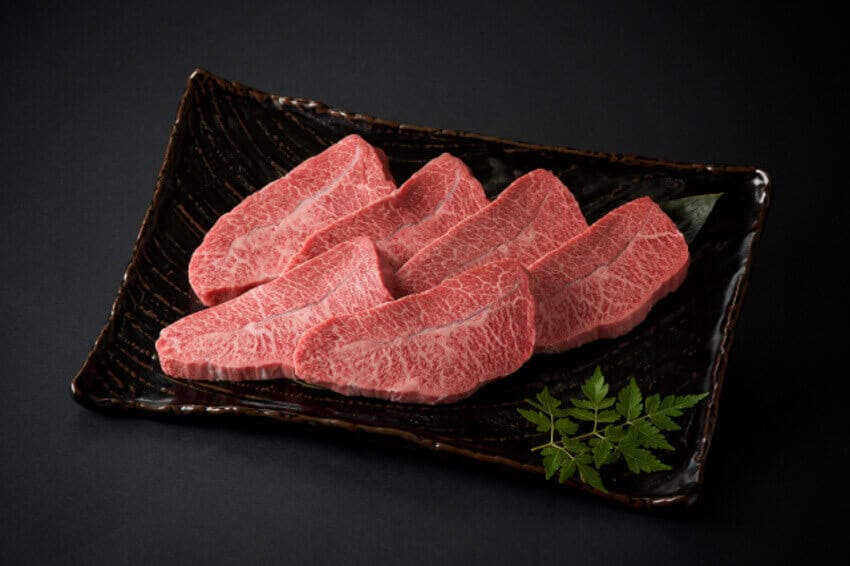

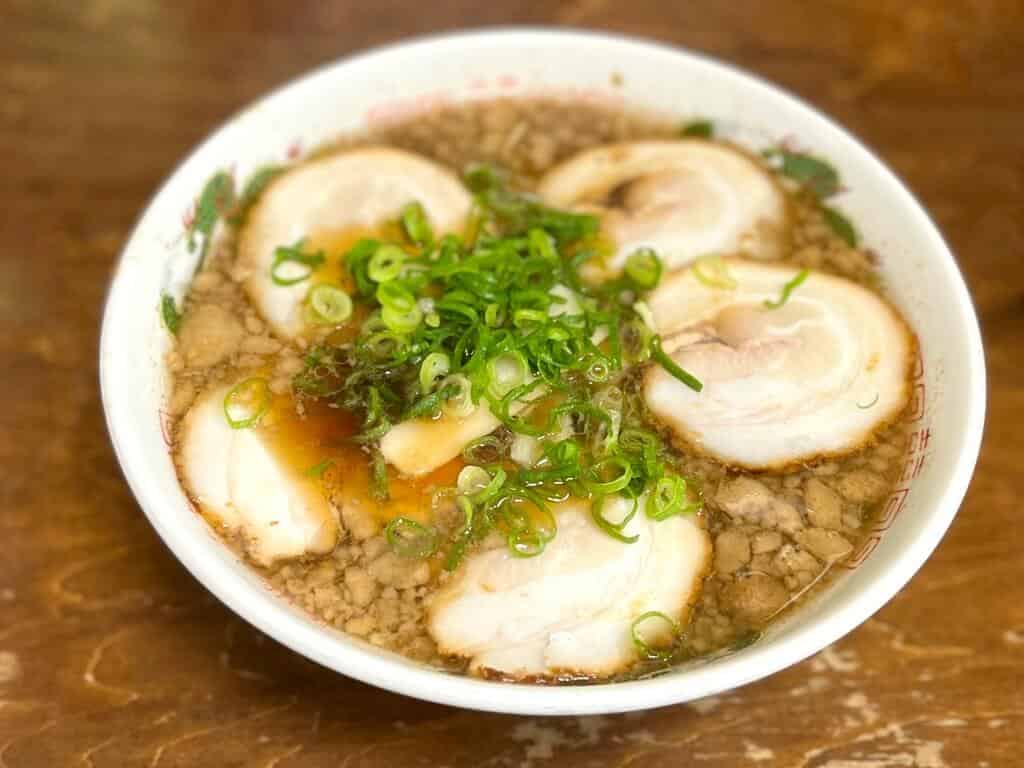
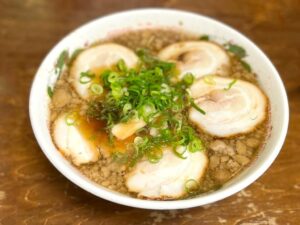
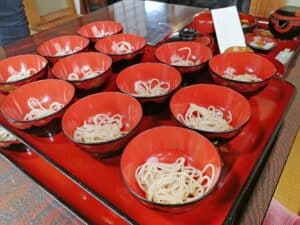
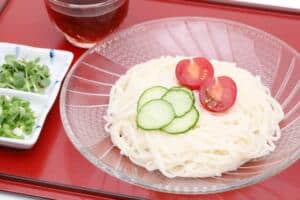
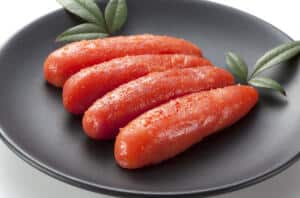
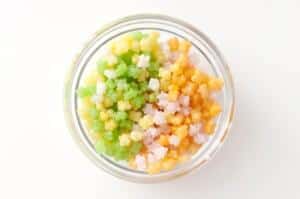
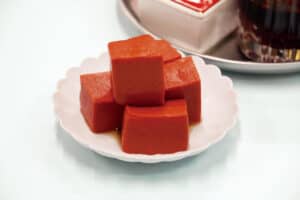
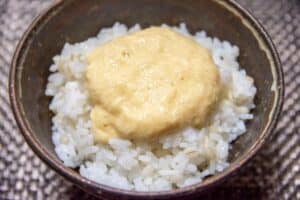
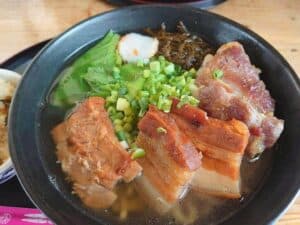
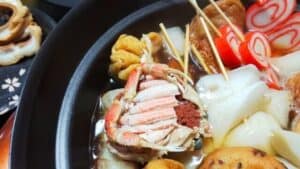
Comments